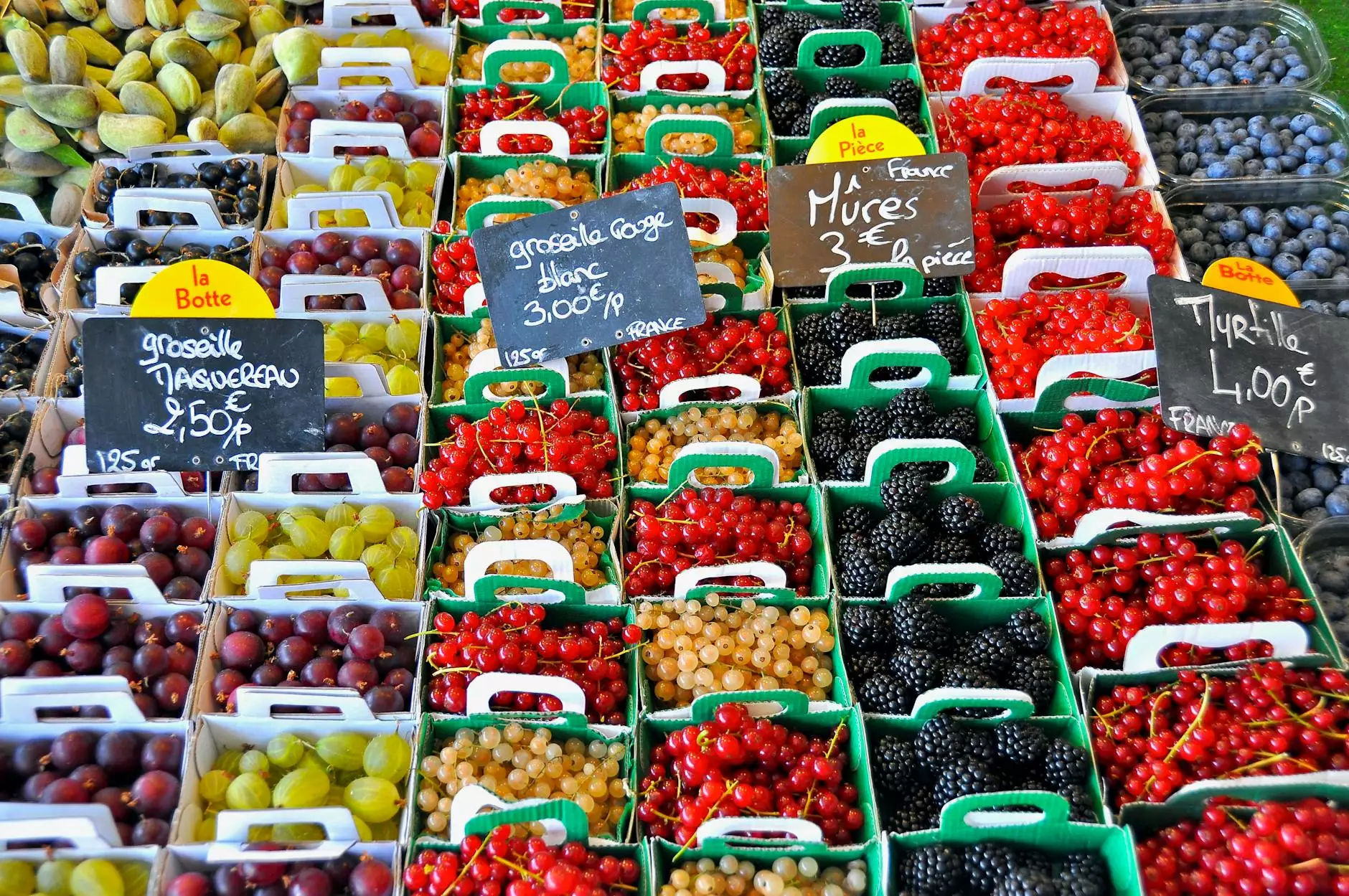Chemicals Used in the Sugar Industry: Comprehensive Insights and Applications

The sugar industry is a vital component of the global economy, providing a valuable source of calories and various products essential for both human consumption and industrial applications. The production of sugar involves several processes, and it utilizes a range of chemicals to enhance efficiency, improve quality, and ensure safety. Understanding the chemicals used in the sugar industry is crucial for anyone involved in agricultural production, food manufacturing, or chemical supply.
1. Overview of Sugar Production
The sugar production process typically involves extracting juice from sugarcane or sugar beet, clarifying it, evaporating it to form sugar crystals, and finally packaging it for distribution. Each stage of this process requires the use of specific chemicals to facilitate the breakdown of plant materials, purify the juice, and stabilize the final product.
2. Key Chemicals in Sugar Processing
Several chemicals are essential in the sugar industry, each playing a critical role in the production process:
- Calcium Hydroxide (Slaked Lime): Used for the clarification of juice extracted from sugarcane or sugar beets. It helps in removing impurities and enhancing the quality of the sugar.
- Phosphoric Acid: Often used in combination with calcium hydroxide, phosphoric acid aids in the purification of sugar juice, ensuring that it is free from harmful contaminants.
- Sulfur Dioxide: Added during the extraction process to prevent enzymatic browning and maintain color stability in the sugar solutions.
- Carbon Dioxide: Used in the carbonation process for clarifying sugar juice, making it an important component for achieving high-quality sugar.
- Activated Carbon: Used for further filtration and decolorization of the sugar syrup, improving the product's aesthetic quality.
3. The Role of Each Chemical
Let's delve deeper into how each of these chemicals contributes to the overall production of sugar:
3.1 Calcium Hydroxide (Ca(OH)₂)
Calcium hydroxide, commonly known as slaked lime, is an essential chemical in the sugar industry. When added to sugarcane juice, it reacts with impurities, promoting the formation of larger flocculates that can easily be removed through sedimentation and filtration. This step is critical since the cleanliness of the juice directly impacts the quality of the final sugar product.
3.2 Phosphoric Acid (H₃PO₄)
Phosphoric acid is primarily used to enhance the effectiveness of calcium hydroxide. It helps in achieving a higher purity level by promoting the precipitation of calcium phosphate, which removes extra impurities from the juice. This chemical is crucial for ensuring the end product meets safety standards for human consumption.
3.3 Sulfur Dioxide (SO₂)
Sulfur dioxide is introduced to sugar processing to inhibit the activity of enzymes such as polyphenol oxidase, which can lead to undesirable darkening of sugar solutions. By controlling oxidation, sulfur dioxide maintains the color and quality of the sugar being produced.
3.4 Carbon Dioxide (CO₂)
During the carbonation stage, carbon dioxide interacts with calcium hydroxide to form calcium carbonate, which further aids in clarifying the juice. This reaction not only removes impurities but also ensures that the juice is sufficiently purified before it undergoes the crystallization process.
3.5 Activated Carbon
Activated carbon is used in the final stages of sugar processing. Its high surface area allows it to absorb color compounds and impurities that may remain in the syrup, delivering a white, refined sugar product. This step is essential for meeting consumer expectations for visual appeal and product quality.
4. Environmental Considerations
While chemicals play a crucial role in the sugar industry, their use must be managed responsibly to reduce environmental impact. Here are some considerations for sustainable practices:
- Waste Management: Ensuring that waste products from chemical use are properly treated and disposed of to minimize environmental contamination.
- Use of Renewable Resources: Exploring the use of biochemicals or natural alternatives to traditional chemicals can reduce dependency on synthetics.
- Regulation Compliance: Adhering to national and international regulations regarding chemical use in food production is paramount for protecting public health and the environment.
5. Conclusion
The chemicals used in the sugar industry are indispensable for producing high-quality sugar efficiently and safely. Understanding the role of each chemical, along with implementing sustainable practices, will not only enhance production but also ensure compliance with health and environmental standards. As the global demand for sugar continues to grow, innovation in chemical usage and processing techniques will play a vital role in meeting this demand sustainably.
6. Call to Action
If you are involved in the sugar industry or are a supplier of chemicals, it's essential to stay informed about the latest trends, technologies, and regulations. For further information and comprehensive solutions, consider exploring the services offered by Bimak Şimya, a leading provider of water purification services, water suppliers, and water stores. Their expertise in chemical applications could provide valuable insights and assistance for your organization's needs.
chemicals used in sugar industry


